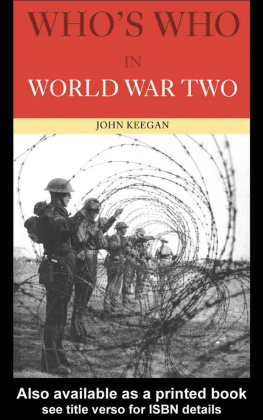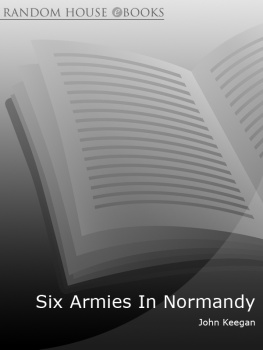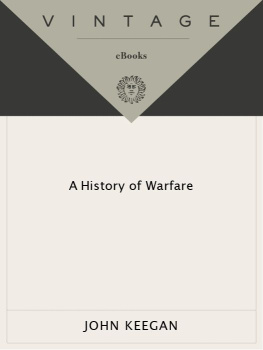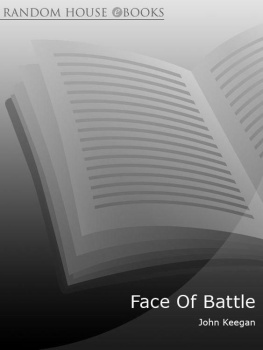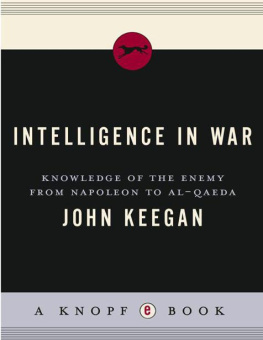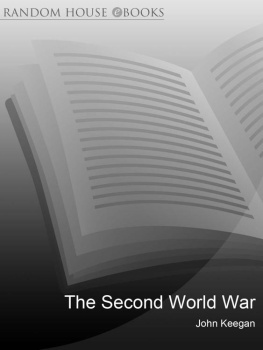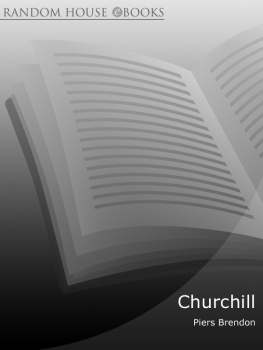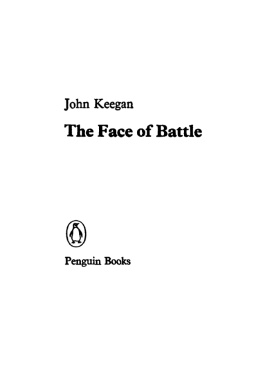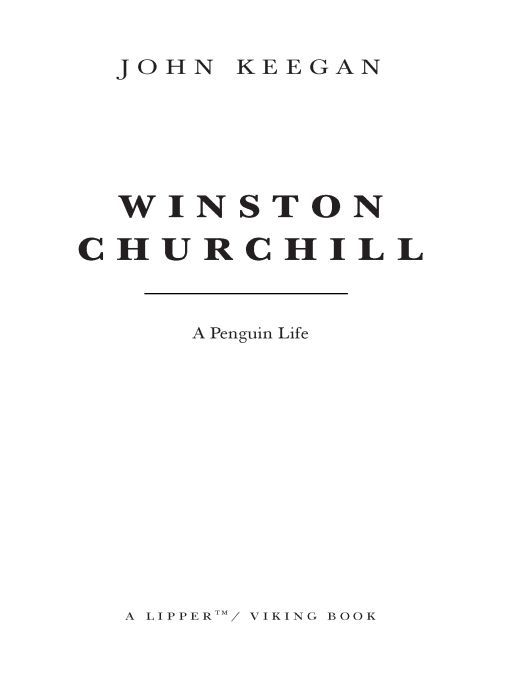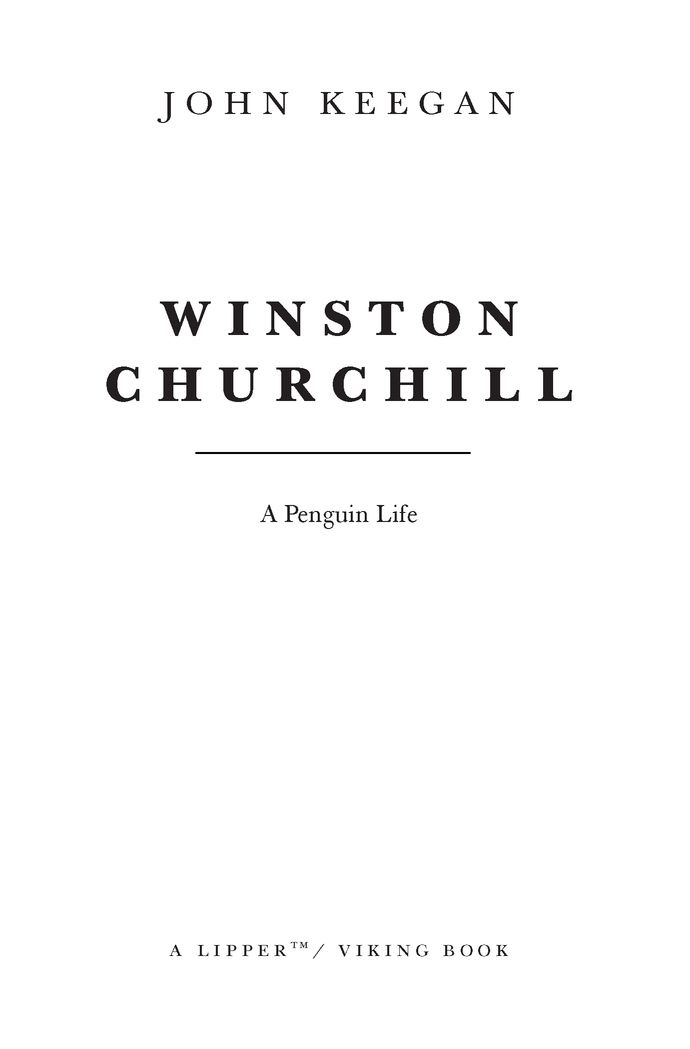Table of Contents
PUBLISHED TITLES IN THE PENGUIN LIVES SERIES:
Larry McMurtry on Crazy Horse
Edmund White on Marcel Proust Peter Gay on Mozart
Garry Wills on Saint Augustine Jonathan Spence on Mao Zedong
Edna OBrien on James Joyce Douglas Brinkley on Rosa Parks
Elizabeth Hardwick on Herman Melville
Louis Auchincloss on Woodrow Wilson
Mary Gordon on Joan of Arc
Sherwin B. Nuland on Leonardo da Vinci
Nigel Nicolson on Virginia Woolf Carol Shields on Jane Austen
Karen Armstrong on the Buddha R. W. B. Lewis on Dante
Francine du Plessix Gray on Simone Weil
Patricia Bosworth on Marlon Brando
Wayne Koestenbaum on Andy Warhol
Paul Johnson on Napoleon Thomas Cahill on Pope John XXIII
Marshall Frady on Martin Luther King, Jr.
Robert V. Remini on Joseph Smith
Jane Smiley on Charles Dickens
FORTHCOMING:
Roy Blount, Jr., on Robert E. Lee
David Quammen on Charles Darwin
Bobbie Ann Mason on Elvis Presley
Kathryn Harrison on Saint Thrse of Lisieux
Hilton Als on James Baldwin
Ada Louise Huxtable on Frank Lloyd Wright
Thomas Keneally on Abraham Lincoln
Martin E. Marty on Martin Luther
Simon Schama on Oliver Cromwell
GENERAL EDITOR: JAMES ATLAS
CHAPTER ONE
Churchill and History
CHURCHILL, to those who were young in the wartime years, could seem a figure of exaggerated stature. The young seek heroes, andto this schoolboy citizen of a Britain besiegedthe prime minister seemed anything but heroic. Heroes strode the streets in khaki or navy or air force blue, lean, fit, laughing, recently returned from battle or ready to depart. Churchill, in his shapeless siren suit and comic stovepipe hat, signatory cigar wedged between flabby fingers, looked wholly unsoldierly. The adulation of adults irritated: Winston, good old Winston. A schoolboy in wartime Britain did not want an old Winston but a young Winston, someone as dashing as the pilots who flew from the local airfields, the commandos who sprinted in training down the local lanes, the torpedo-boat captains who sailed from the local ports to do battle in the narrow seas. Portly Winston, with his jowls and grating voice, appeared a poor fellow beside such paragons.
The Winston of the postwar years was worse. There was ungraciousness in his response to the peoples will, which turned him out of office in 1945, an aura about him of the bad loser. Whatever their parents political opinions, whatever their own, the young could not help but be touched by the excitement of the social revolution the winning Labour party promised. Churchill the opposition politician put the worst possible face on the socialism it preached. The young took the offers of socialism at face value. A free health service for all sounded self-evidently a good thing, as did school and university scholarships for the clever and hardworking, irrespective of parental ability to pay; better state pensions for the old and the poor; new housing for slum dwellers; and secure employment for the survivors of the prewar slump. The Labour party said that it stood for a better Britain, and the young believed. Churchills warning that a socialist Britain would be worse aroused disbelief, at least among the generation of the future.
I was a member of that generation and remained quite immune to the Churchillian legend throughout my school and university years. Churchill was returned to office in 1951 and, despite several setbacks to his healthone almost disablingremained prime minister until 1955. His was an extraordinary display of recovery and resilience. He was succeeded by his political son and heir, Anthony Eden, who brought with him into ministerial appointments many of the younger men who had learned their political trade in junior appointments during Churchills wartime premiership. Despite that rejuvenation, Edens continuation of Churchillian postwar government failed to appeal to the new electorate. He and his colleagues seemed to them heavily Conservative in the old-fashioned sense: traditionally imperialist abroad, selfishly capitalist at home. Suez, as the British still call the attempt in 1956 to reimpose semicolonial control over the Suez Canal and the state of Egypt, through which it runs, seemed the touchstone of last-gasp Churchillianism. The Suez crisis divided the country. To the older, the military attack may have seemed a proper reassertion of the imperial power that Britain was entitled to exercise by virtue of its history; to the young, it appeared a crass attempt at exerting an imperial authority that belonged to its historical past. One way or another, the failure at Suez marked the termination of the overseas epic of which Churchill, throughout his long life, had been standard-bearer. Suez spoke finis to all for which Churchill had stood.
Such, certainly, was my outlook as I came to the end of my education. Then, in a hot summer in New York City in 1957, a chance episode transformed my appreciation of the statesman under whom I had grown up. I had begun a journey through the United States, funded by a philanthropic American graduate of my Oxford college. I was waiting to join another beneficiary of the traveling scholarship he had established. It was the first time I had been by myself in a foreign country, previous expeditions to France having been spent with schoolmasters or family friends. The apartment I had been lent overlooked Union Square, then the center of a drab commercial district. The owners were away, and I knew no one in the city. I was, for a few days, at loose ends, lonely, andin a postadolescent waydepressed and disoriented. America was unsettling, materially so much smarter and more modern than backward, war-worn Britain; spiritually so much more energetic and self-confident. The Britain I had left a few weeks before was undeniably in decline, the America I had entered so evidently booming, in wealth and in enjoyment of world power. My absent hosts belonged, moreover, to the American elite: the Ivy League, the Social Register, the chic world of New York intellectual life. The class of which they were members was about to inherit the earth, while mine, after a century of global dominance, was taking its farewell.
I found, among their stock of long-playing recordsanother novelty to this British visitormusic to indulge self-induced melancholy, such as Beethovens Eroica and Bruckners Seventh Symphony. The heavy chords reinforced the lethargy that came with unfamiliar semitropical heat. Then I turned up something else: a record called The War Speeches of Winston Churchill. What on earth, I asked myself, was anything so unchic, ponderous, and pompous doing among the possessions of smart New Yorkers? What could the ex-prime ministers long, punctuated periods have to say to them? Out of pure curiosityfor I was too young to remember Mr. Churchill in 1940I put the disc on the turntable and began to listen.
The effect was electrifying. The needle chose the track of Churchills speech of May 19, 1940, broadcast to the nation by the BBC. The voice was instantly recognizable. The power, the inspiration of his words was not. I speak to you for the first time as prime minister, he began. Today I can recite the passage by heart; then it came to me with the same force as it must have done to his anxious listeners in the disastrous days of the Battle of France, when the Third Republic was about to give up the ghost and the British Expeditionary Force (BEF) was already in full retreat to Dunkirk. I speak to you for the first time as prime minister [pause] at a solemn hour in the life of our country, of our Empire, of our Allies, and above all of the cause of freedom. Three heavy beatscountry, Empire, Alliesand the dramatic rallentando: cause of freedom.


